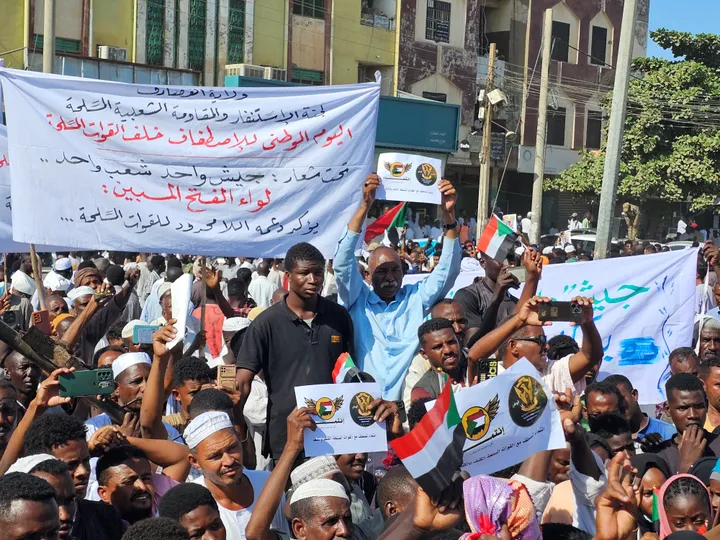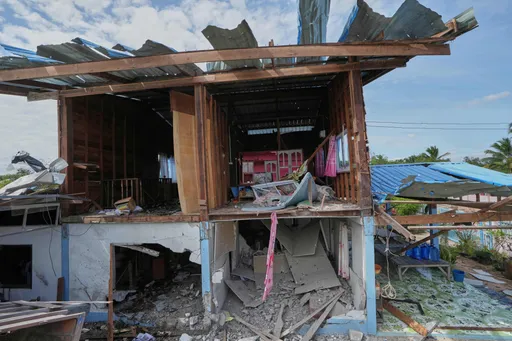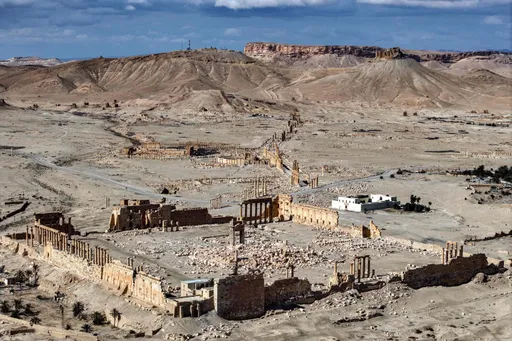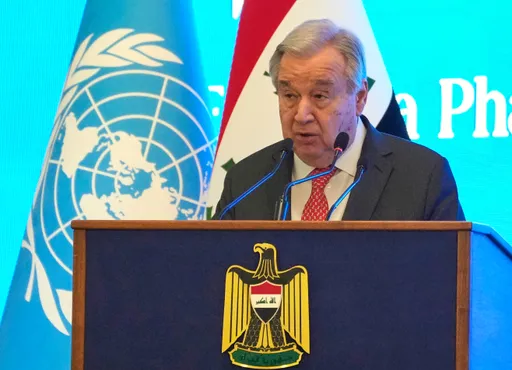When South Korean reconstruction companies set foot in the Middle East 45 years ago, thousands of Korean construction workers were sent to the region.
The country’s construction boom in the region then played a vital role in helping the country’s economy to rebound from oil shock. It also led to a cultural exchange.
“Korea is very close to the Middle Eastern countries, on economic point of view. Most of the Korean economic success, absolutely based on the Middle East during 1970 and 1980's in construction and engineering market,” Professor Hee Soo Lee, an area specialist in the field of Middle East and Islamic World told TRT World, during a conference named “Korea and Muslim World: Historical and Cultural Encounters” at the Research Centre for Islamic History, Art and Culture (IRCICA) in Istanbul.
“The Koreans didn't forget how Middle Eastern markets have a vital importance for Korean survival and Korean economy.”
South Korea’s labor dispatch to the Middle East, led many South Koreans to convert to Islam. Later in 1976, the first mosque in the country was established in the capital, Seoul.
The labourers who came back to South Korea acted as cultural ambassadors, raising the country’s interest in Middle Eastern culture. After 1976, more departments on Middle Eastern studies – including Farsi and Turkish language departments – were established.
But the country’s relations with the Muslim world dates back to the Middle Ages.
“Many Arab and Muslim merchants already advanced the Korean peninsula for the economic and commercial purposes. Even in medieval ages, in the 14th century, [a] high level of Islamic science and technology influenced the Korean development of social life. Even in the modern times in the 20th centuries, Tatari Turks, Uighurs, they settled down in [the] Korean peninsula, they settled down their own community. Then, Muslim Turkish soldiers participated in the Korean war,” Lee says.
Turkey joined the Korean War, which was between North and South Korea, under the UN command to support South Korea. The Turkish army sent a brigade of 5,000 troops in 1950. A total of 741 Turkish troops were killed during the war, which resulted with an armistice between North and South Korea. Ever since then, Turkey and South Korea have enjoyed a close cultural relationship.
“In the 20th century, in the global era, political interest is not enough. Cultural and historical relations I think, much more important than any other economic interest at the moment,” Lee says.
Turkey last year decided to add Korean as the second language for elected courses in primary and secondary school curriculums.
Turkish President Recep Tayyip Erdogan plans a trip to South Korea for official talks in May.
























